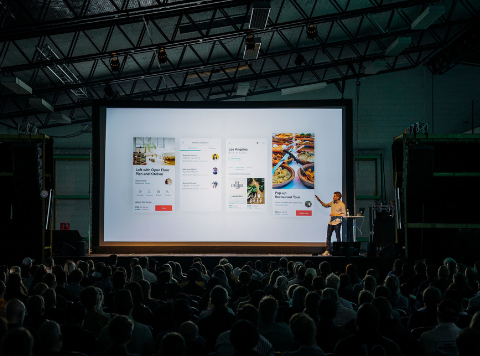
Submitted by hakanozturk on September 24, 2018
2018 has been the year that companies, cities, states and regions, so called “non-state actors” have paved the way on climate and environmental action.
Under the banner of the Talanoa Dialogue, local governments and corporate leaders have come together with national policymakers to assess whether the world is on track to meet the long-term climate goals agreed in Paris.
And where national action has fallen behind, for example in the US under the Trump Administration, those non-state actors have filled the void. Just this week Governor Jerry Brown of California has introduced two new laws: SB100, committing California to zero-carbon electricity by 2045; and EO B-55-18 mandating carbon neutrality by the same year.
Around the world we have seen companies taking on ambitious low-carbon goals, increasing board oversight of environmental issues, and committing to remove deforestation from their supply chains; just the latest signs that they understand the urgency of the challenge that we face.
While national governments are vital to the transition, it is through collective action and collaboration with these non-state actors that we will reach the pace and scale needed to truly build a sustainable economy.
The Global Climate Action Summit
It is against this backdrop that we are in California for the Global Climate Action Summit (GCAS).
The first-of-its-kind summit – announced in the wake of Trump’s plans to withdraw from the Paris Agreement – GCAS aims to bring together state and local government, business, investors and citizens from around the world to celebrate positive action, and spur increased ambition. As CDP’s data has shown, we are picking up the pace on climate action, and GCAS is set to be an important moment on this journey.
The Universal Disclosure Challenge
At CDP, we believe that disclosure is the foundation for a sustainable economy.
And as companies, investors, cities, states and region move towards taking collaborative action, they too see disclosure as the bedrock, providing data for assessing risks, opportunities and progress and increasing governance of these critical challenges. .
The rise of disclosure
That’s nearly 145 more cities, 1200 more companies and 40 more states and regions now measuring and truly understanding their climate change risks and opportunities. And companies aren’t just stepping up on climate change disclosure. We also seen 173 new companies disclose their impacts on forests for the first time – including Asian Agri, one of Asia's largest palm oil producers – and more than 70 reporting on water. Building the sustainable economy of the future At CDP we see firsthand, every day, the steps that companies, investors, cities, states and regions are taking to build a truly sustainable economy for both people and planet, and we expect GCAS to catalyse further progress. It will provide yet more proof that this transition is underway, and that it is unstoppable.
But as the world continues to move along the low-carbon transition, transparency and accountability will be essential to ensure we stay on track and continue to build ambition.
The more steps we take together, and the faster we take them the quicker we will build this global transition.
The first step is disclosure.
Click here for the full version.





